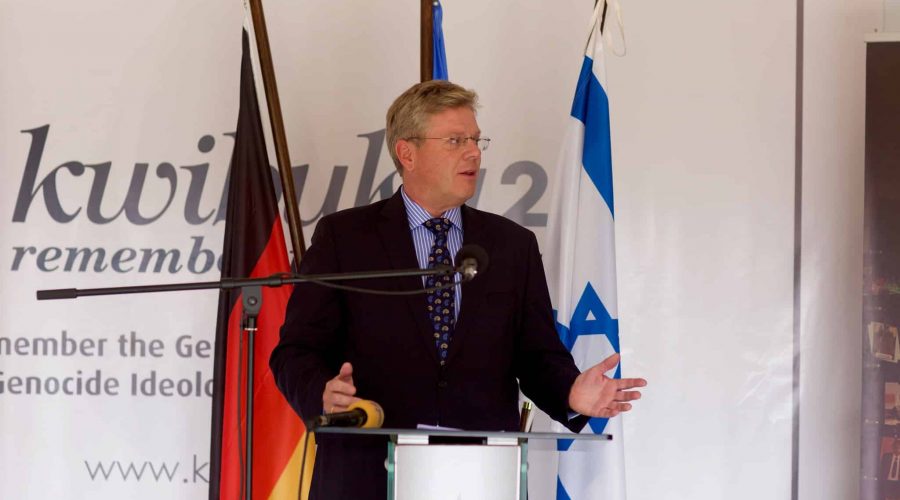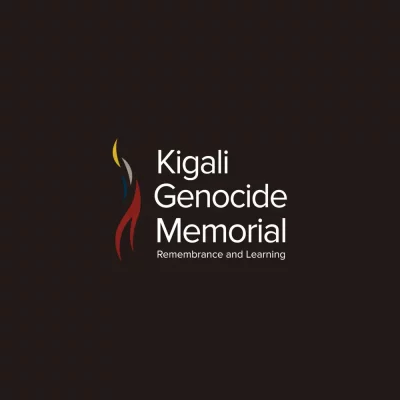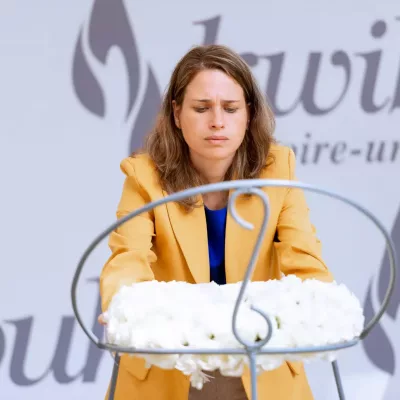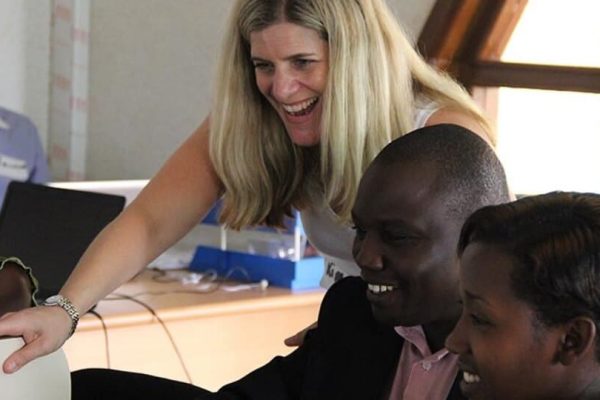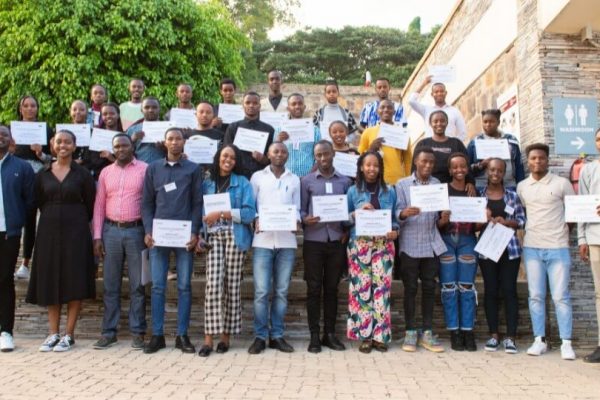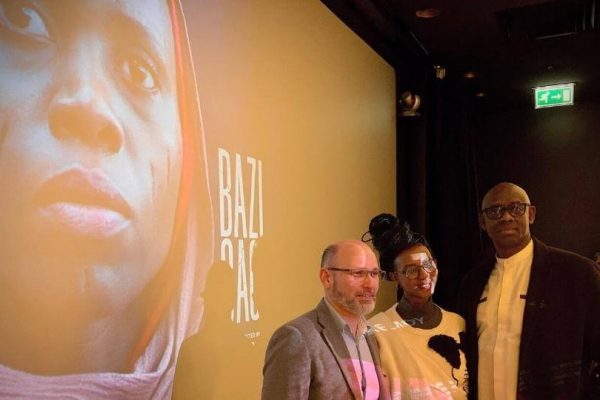Remarks by Ambassador Peter Woeste at the Kigali Genocide Memorial
– Representatives of the Jewish Community, in particular the Chargé d’Affaires of the Embassy of Israel
– The Resident Coordinator of the United Nations
– Representatives of the Government of Rwanda,
– Colleagues and friends
– Liebe deutsche Landsleute!
Last year Professor Daniel Gold, a Holocaust survivor, addressed us here on the occasion of the Holocaust Memorial Day. A survivor who was willing to share his experience. His vivid account touched everyone. And his lust for life, his will to start and restart again and again and to commit to the community, was intoxicating.
This is what we need in order to “Never forget”. The emotional experience. It goes deeper than any school lesson or documentary could on TV. Emotion is the best way to understand and to remember something. And only what you know, and have sought to understand, can you try not to forget.
“Never Forget” and “We Remember” are the key words of this and all other Holocaust Commemoration events around the world. I myself, depend on people like Daniel Gold, because I have no experience of my own. My parents did not talk much about the war, a war they experienced as children. My father was recruited to the army in the last year of this devastating war, right from his high school desk, to come home only years later. They wanted to forget. And as far as I know they never discussed these years with their parents, my grandparents.
And now I can’t ask any of them any longer. And when my generation asked, what we received was often a simple: “forget it”. Thus, I can recall quite vividly my helplessness in my first encounter with a jewish person at the age of about 20 in Paris, in the Quartier Le Marais. The academic knowledge that there is no collective guilt doesn’t help when emotions collide.
And I remember my first curious visits to kosher restaurants. Explorations of a culture that once was a lively part of German culture just as our German language is still filled with Yiddish words. Of course, we know the monstrosity of the holocaust – but still we, born later, need help to understand how one goes about remembrance, and never forgetting.
I hear from friends that this is far more difficult for children of holocaust survivors — to gain some memory of this horrific past. Many parents remained silent. The reluctance of survivors to speak about the Holocaust pushes against the very notion of “never forget”. For many it was the only way to survive, by trying to forget. In fact, it’s the antitheses of “never forget”.
There is a reason why the Hashtag “We Remember” is pushed worldwide by celebrities and by the World Jewish Congress this year. On social media you can see the Secretary General of the United Nations holding a sign
“I remember.” As did my Foreign Minister. And so did so many of those of third and even fourth generations of Holocaust survivors. They want to remember.
To remember requires the collection of memories. To remember means to share bits and pieces of memory. To remember, you need to sit together. It is the difficult task of the “later born generation” to find a way to commemorate the genocide.
And that is a question here in Rwanda as well. More than every second Rwandan was born after the genocide against the Tutsi. They also won’t have memories of their own. They need assistance in finding ways to remember.
We humbly tried to offer a possible answer to this dilemma. We invited two authors, people who use words as their daily tools. We asked them to use their talent to describe, to tell, to report.
We invited the Rwandan Odile Gakire Katese and the German Sarah Stricker to put reflections on genocide and commemoration into a literature dialogue. Sarah, born 1980, is no question a later born. She lives and works in Tel Aviv. She reflects in the best of all ways the modern relationship of Germans and Israelis. Her first novel has won the most prestigious German price for literary debuts.
Odile Gakire Katese, called Kiki, initiated projects on the theme of conflicts and culture for the 15th commemoration of the genocide against the Tutsi. She is honoured around the world.
I would like to invite you to approach this experiment with an open mind. Let’s give Sarah and Kiki a warm welcome.

